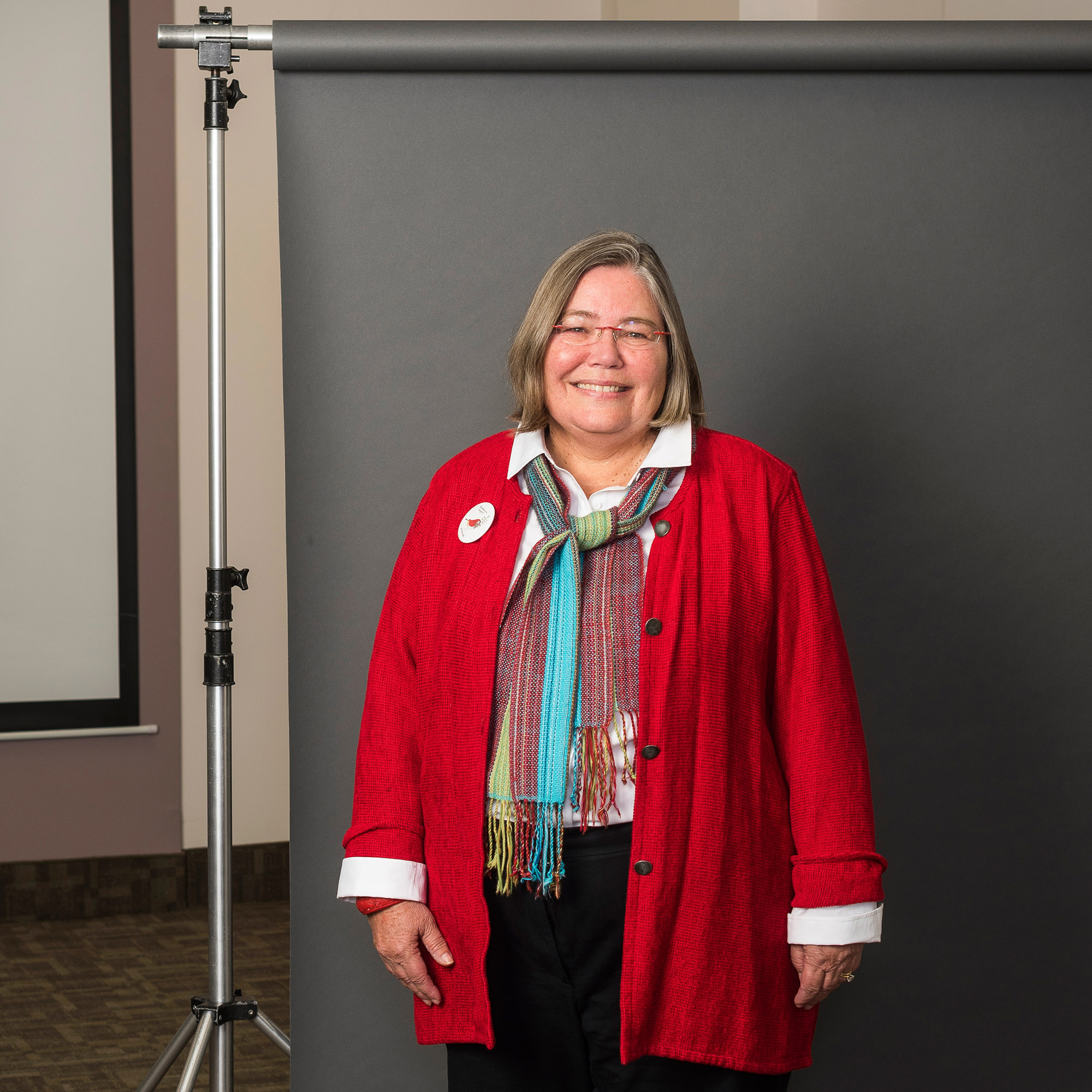Deborah Tunis Special Coordinator for the Syrian Refugee Resettlement Initiative | Immigration, Refugees and Citizenship Canada
—
“I have over 40 years of experience in the public service. When I retired, I was the Director General of the Integration policy branch at Citizenship and Immigration Canada. I came out of retirement in October 2015, when I was asked to coordinate the Syrian Refugee Resettlement Initiative. They needed somebody to help with outreach with the provinces, territories, municipalities and the resettlement sector.
The sense at the time was that this was going to be a societal project, and not just a government initiative. We really relied on the efforts and commitments of organizations like Refugee 613 and the local resettlement agencies. We also needed support from the provinces and territories in terms of health and education, and from the municipalities to ensure that urban transportation or social assistance was being covered. My job was connecting with all those groups.
When people are coming from across the world and making a commitment to your country, it really makes you believe in it.
The Liberal government committed to bring in 25,000 refugees. There were five steps to the plan: identification, security, transportation, meeting them on arrival and then the settlement and integration journey. We worked with the host countries to get approval for exit permits, to identify the people and have them go through the health and security screenings that were required before they could travel. And there were many different options considered for transportation. At one point, we even considered bringing everyone over on cruise ships and doing orientation and training on the way over.
Refugees arrived either through Montreal or at Pearson airport. When they came off the plane, they were greeted by Canada Border Services, given a snack and then guided through processing — public health, government of Ontario, Service Canada — ensuring that they had info about their benefits, and given winter clothing. The children were given teddy bears by Canadian military personnel.
This work was done by a huge team of people — policy and operations, overseas and in Canada. It was a very unusual time in terms of the pace and political support. People that I spoke with really felt that this project was a highlight of their career. Even very long-serving public servants, when they talked about it, they would get emotional and choked up.”
—
In order to document and share Canada’s welcome of Syrian refugees with the public, the government created #WelcomeRefugees, a webpage that tracked arrivals across the country.





